- Free schools for IDP children in Arakan State struggle to stay open amid funding shortfall
- Female-headed IDP households in Ponnagyun Twsp struggle as commodity prices surge
- Min Aung Hlaing likely to take State Counsellor role in post-election government formation: Analysts
- Hindus express hope for educational reform under AA administration
- Arakanese zat pwe performers struggle to survive as conflict halts traditional shows
Local and international aid agencies in Arakan struggle to continue operations
NGOs and INGOs are relied upon for humanitarian activities in Arakan State, including food supply distribution, healthcare, education and many other local development sectors.
04 Jan 2024
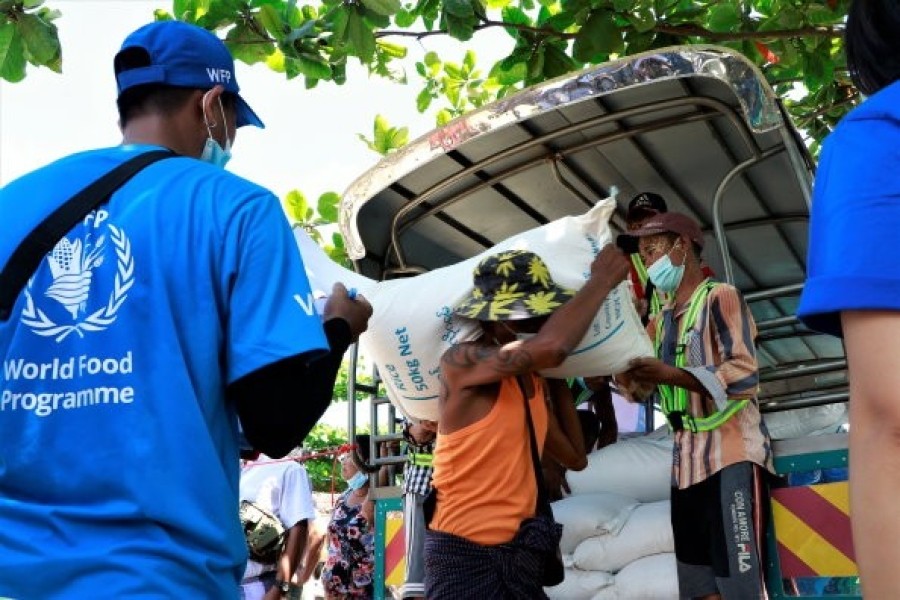
DMG Newsroom
4 January 2024, Sittwe
Nongovernmental organisations (NGOs) and international nongovernmental organisations (INGOs) conducting humanitarian operations in Arakan State reportedly face difficulties operating due to the junta’s travel restrictions and instability in the state.
NGOs and INGOs are relied upon for humanitarian activities in Arakan State, including food supply distribution, healthcare, education and many other local development sectors.
“NGOs and INGOs cannot continue operations if peace and stability is not restored in Arakan State. The regime has imposed travel restrictions in Arakan State since renewed fighting. The work was not completed on time, and some parts of the work had to be stopped,” said an employee from an NGO that provides healthcare services in Arakan State.
There are about 20 INGOs and NGOs operating in Arakan State, and currently only a few organisations such as the UN’s WFP, UNHCR and UNDP, including the ICRC, have limited operations and other organisations have halted operations.
In addition to reducing staffing and salary, these organisations have suspended support to civil society organisations (CSOs) they work with.
“We are no longer in a position to show what else we can do. No organisation or no country will spend their money for free anymore, so they have reduced their support,” said an INGO employee in Sittwe.
INGOs and NGOs set a planning period of at least six months to three years for the activities they will carry out, and cooperate with local groups and hire local staff through contracts or understandings.
As the second poorest state in Myanmar, Arakan State ranks low on social metrics across a wide range of sectors including education, healthcare and nutrition. Residents said that if the activities of INGOs and NGOs, which are helping to solve these difficulties, halt, the development of Arakan State may be set back.
“Thanks to INGOs and NGOs, youth get job opportunities. Even rural people who are not aware of the importance of health and education have broadened their views thanks to INGOs and NGOs. In Arakan State, local authorities have only been able to do some physical things about regional development. The rest are supported by INGOs and NGOs,” said a political activist in Kyaukphyu.
At least 160,000 people in Arakan State were displaced by the latest fighting between the military and the Arakan Army.
Calls continue for the regime to allow local and international nongovernmental organisations providing relief items in Arakan State to resume operations as thousands of IDPs are in need of food, medicine and clothes.
A statement issued by the United Nations on November 15 expressed concerns for the safety of civilians in conflict zones in Myanmar including Arakan State, urging stakeholders to abide by international humanitarian law and protect the people. It also called for unrestricted access to conflict zones for delivery of humanitarian aid.




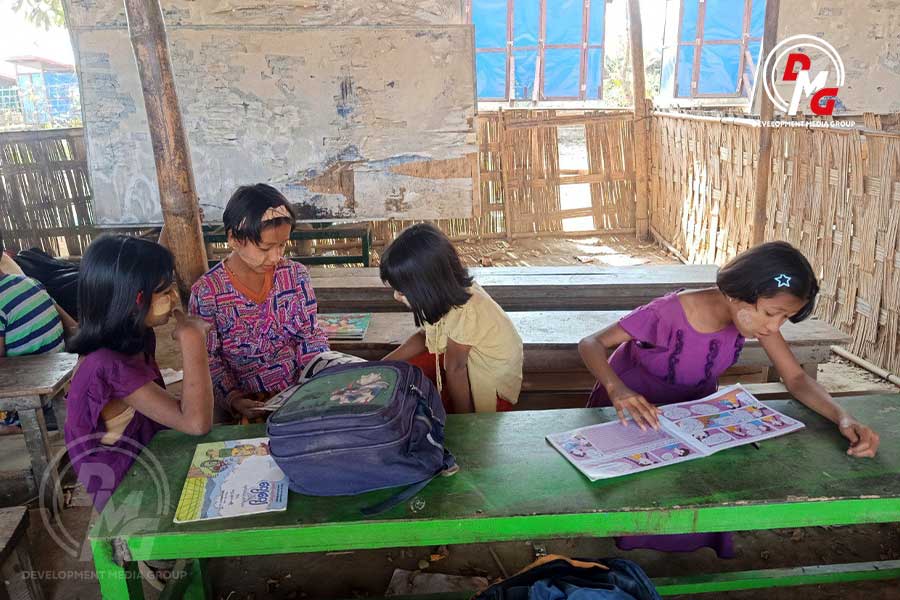
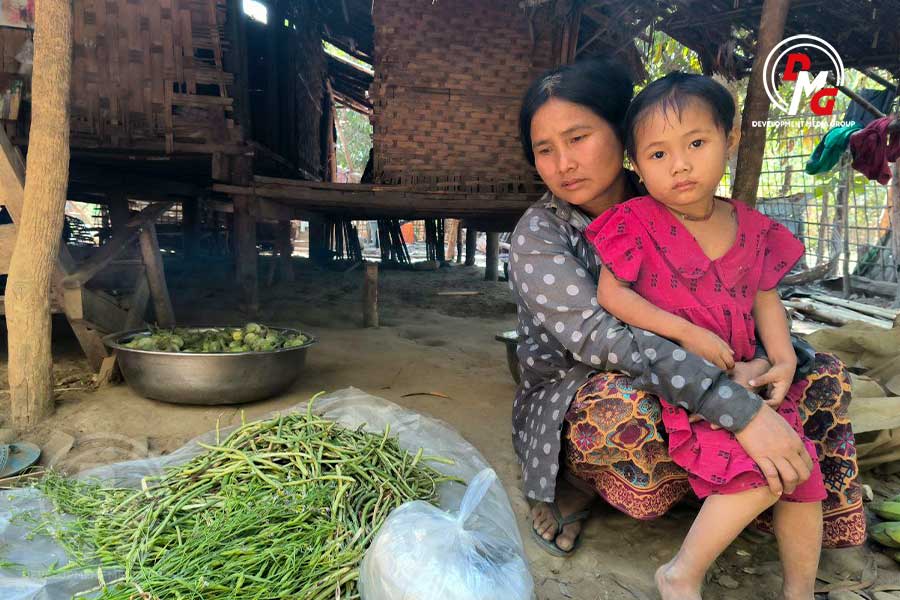
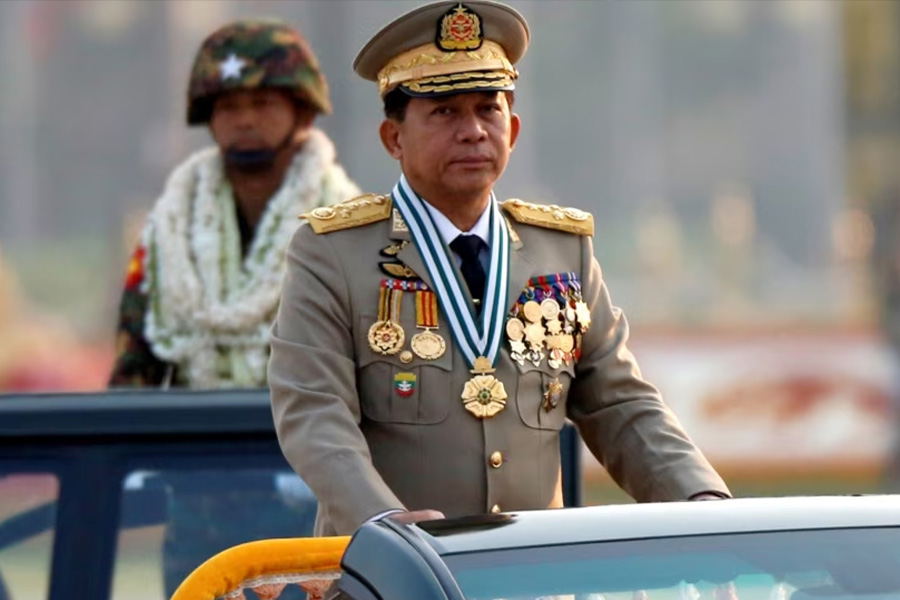
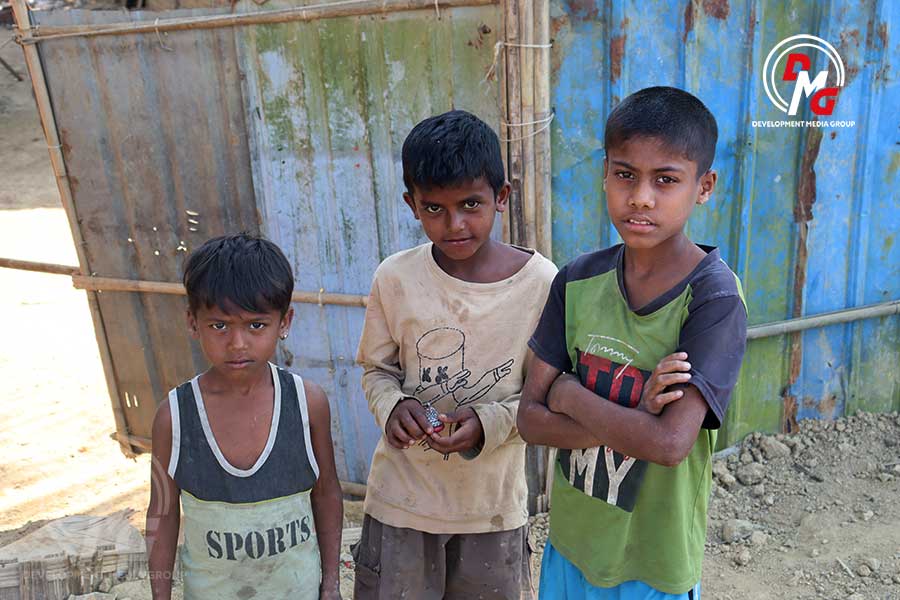
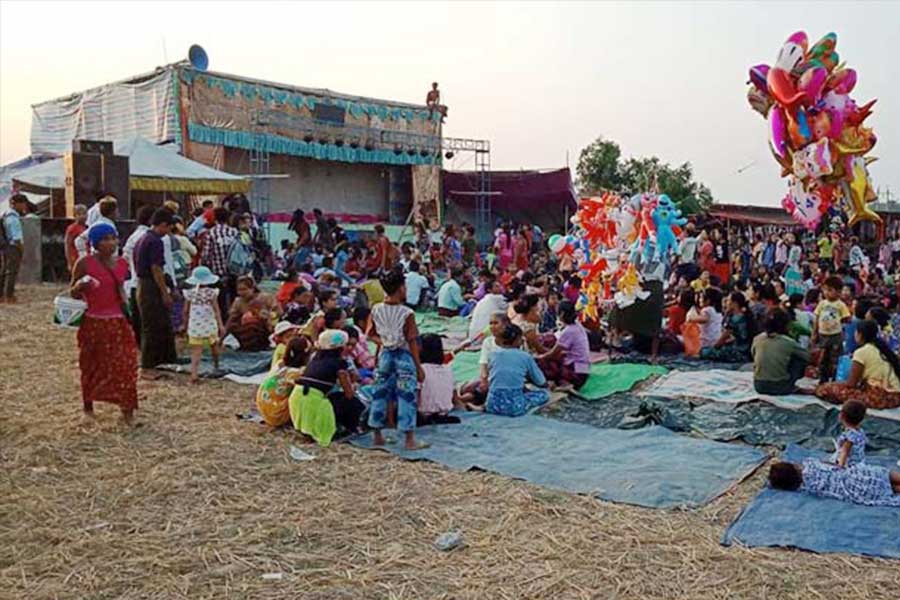








.jpg)